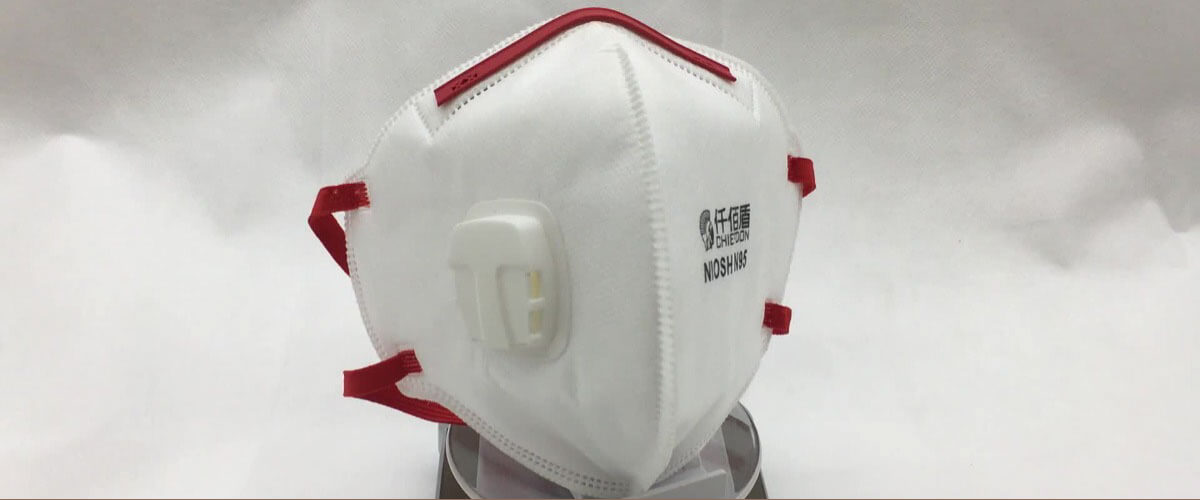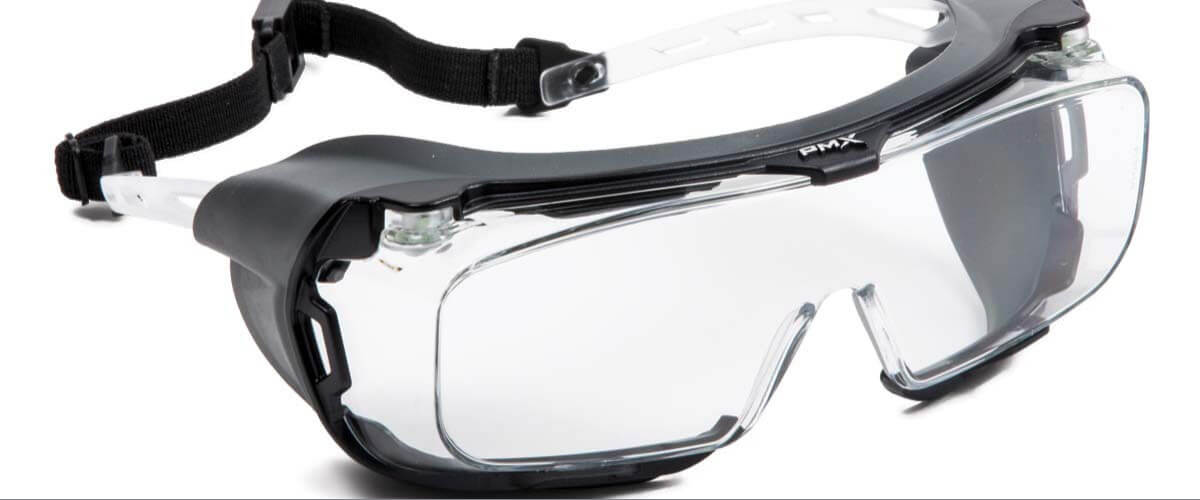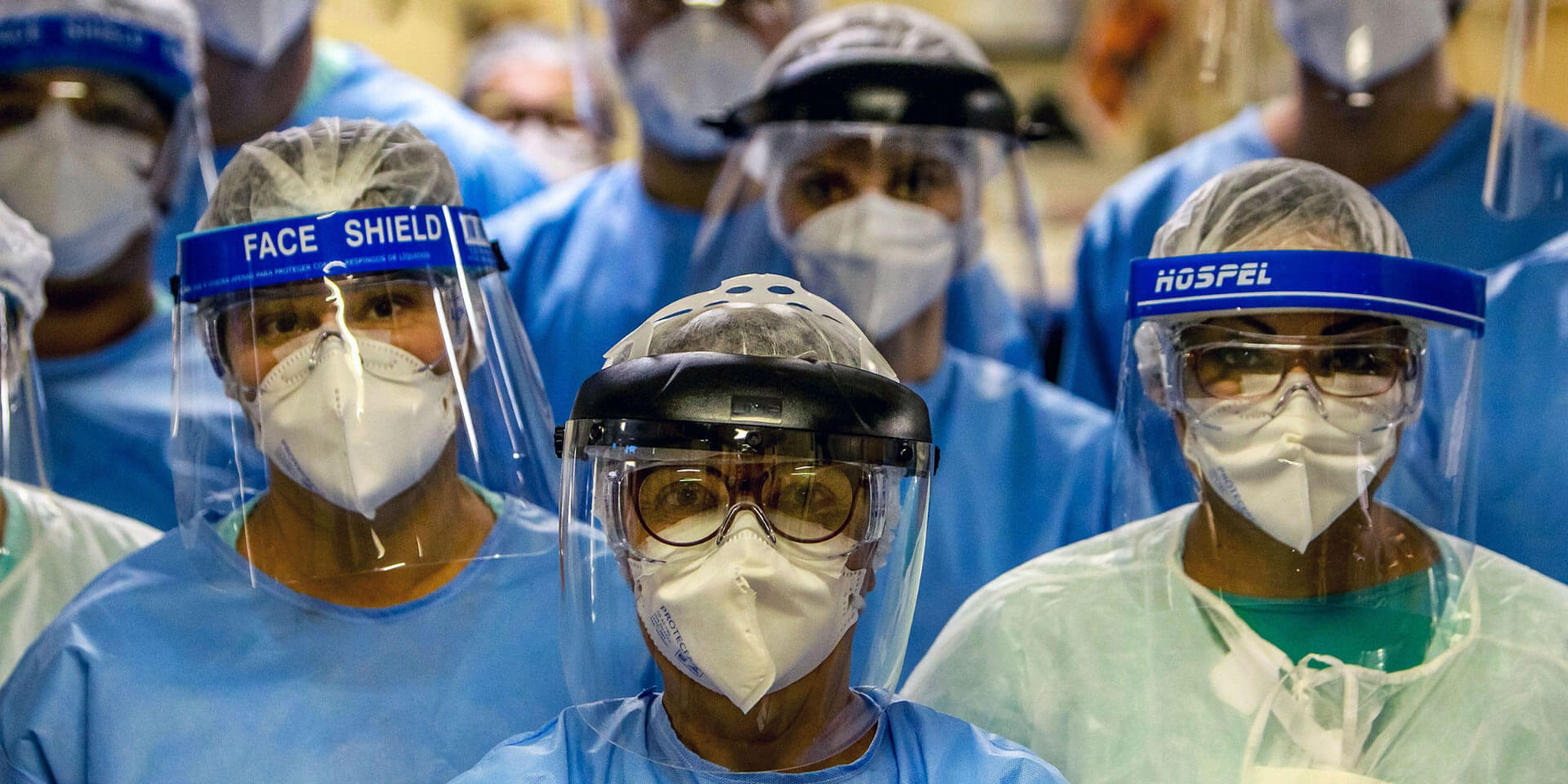When working with chemicals, you should always protect your face to avoid contact with the substance. Chemicals can cause irritation and burns to the skin, eyes, and mucous membranes. In addition, they can cause respiratory problems and even death if they are inhaled or ingested.
Wearing protective gear will help to safeguard your health by preventing contact with harmful chemicals. It will also help keep the chemicals from getting on your clothing or into your eyes.
In what way can I protect my face?
You can find various types of protective gear you can wear when working with chemicals. The most important thing is choosing the right gear for the job. For example, some jobs may require you to wear full-body suits, while others may only require you to wear gloves and goggles. In addition, you can wear personal protective equipment (PPE) to protect your face, such as a face shield, mask, or goggles.
A face shield
A face shield is a transparent plastic barrier that covers the entire front of the face and extends to the chin. Healthcare workers wear it to protect against splash and splatter of infectious materials. Face shields are also worn by people exposed to hazardous materials, such as chemicals or fumes.
Face shields are typically clear plastic and fit snugly against the wearer’s face. Some models also include a foam strip or other padding to help seal the shield against the face and prevent gaps that could allow chemicals to enter.
There are two main types of face shields: medical grade and non-medical grade.
Medical-grade face shields are made of materials that meet or exceed standards set by the U.S. Food and Drug Administration (FDA) for splash and splash resistance. Non-medical grade face shields are made of materials that do not meet FDA standards and are not intended for use in healthcare settings.
Face shields offer several advantages over other types of personal protective equipment (PPE). They provide wide-angle visibility and can be worn with other types of PPE, such as respirators and goggles.

A protective mask
A protective mask is a type of personal protective equipment (PPE) that is designed to protect the wearer from harmful airborne particles, including dust, fumes, and mist. These masks are typically used in industrial or healthcare settings with a risk of exposure to hazardous materials. Protective masks are typically made of cloth or paper. Some masks also have filters or other features that help to protect the wearer from specific contaminants. Protective masks are available in various styles, including half-face masks, full-face masks, and N95 respirators.
When choosing a protective mask, select onsite for the specific work environment and hazard. For example, a half-face mask may be sufficient for working with low concentrations of harmful particles. In contrast, a full-face mask or N95 respirator may be necessary for working with higher concentrations. It is also essential to ensure that the mask fits snugly and does not leak, allowing harmful particles to bypass the filter material.

Protective goggles
Protective goggles are designed to protect your eyes from harmful chemicals. Goggles provide a barrier between your eyes and the chemical, preventing the substance from coming into contact with your eyes. They are made of a durable material that is resistant to chemicals and other substances that could potentially harm your eyes. Many different styles and sizes of protective goggles are available, so you can find a pair that fits your specific needs.
When choosing a pair of goggles, it is essential to select a style that will provide the best protection for your eyes. Protective goggles are a piece of essential safety equipment for anyone working with or around harmful chemicals.
Can any cream or lotion protect the face skin from chemicals?
Creams and lotions can protect the face skin from chemicals in two ways. First, they can create a barrier on the skin’s surface that prevents chemicals from coming into contact with it. Second, they can help neutralize any chemicals that come into contact with the skin.
It is essential to choose products specifically designed for use on the face, as some products may contain ingredients that can irritate or damage the skin. Always test a small area of skin before using a new product, and discontinue use if any irritation occurs.














